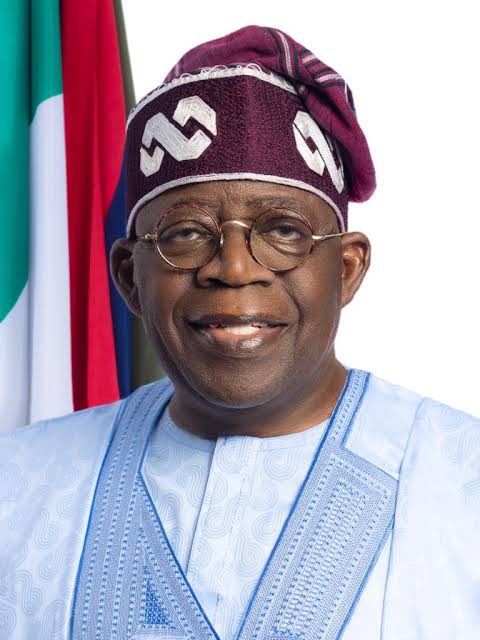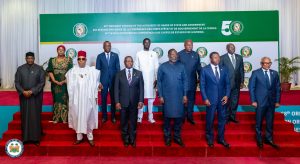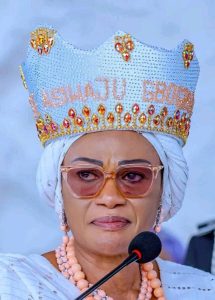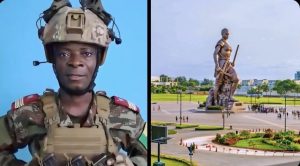LAGOS, Nigeria – Former Vice President Atiku Abubakar has lambasted President Bola Ahmed Tinubu’s recent exercise of presidential pardon powers, describing it as a “reckless” move that undermines the nation’s justice system and emboldens criminality. In a strongly worded statement posted on X (formerly Twitter), Abubakar argued that the pardons for individuals convicted of serious offences, including drug trafficking, kidnapping, murder, and corruption, send a dangerous message at a time when Nigeria grapples with insecurity and moral decay.
“The decision to extend clemency to individuals convicted of grave crimes… not only diminishes the sanctity of justice but also sends a dangerous signal to the public and the international community about the values this government upholds,” Abubakar stated. He highlighted that 29.2% of those pardoned were convicted of drug-related offences, a figure he deemed particularly alarming amid rising narcotics abuse among Nigerian youth and the country’s efforts to shed its international reputation for drug crimes.
Abubakar also drew attention to what he called a “moral irony,” referencing unresolved questions about Tinubu’s past, including a forfeiture of thousands of dollars to the United States government in connection with drug-related investigations. “It is, therefore, no surprise that this administration continues to demonstrate a worrying tolerance for individuals associated with criminal enterprise,” he added.
The criticism comes in response to Tinubu’s announcement on 10 October 2025, where he granted pardons, clemency, and sentence reductions to 175 individuals, based on recommendations from the Presidential Advisory Committee on the Prerogative of Mercy, chaired by Attorney-General Lateef Fagbemi. The list includes posthumous pardons for historical figures such as environmental activist Ken Saro-Wiwa and the other eight members of the “Ogoni Nine,” executed in 1995 under the military regime of General Sani Abacha for alleged murder. Other posthumous recipients include Nigerian nationalist Herbert Macaulay, convicted by British colonial authorities in 1913 for misappropriation of funds, and Major-General Mamman Jiya Vatsa, executed in 1986 for treason.
Among the living beneficiaries are high-profile cases that have sparked public outrage. These include Maryam Sanda, who was sentenced to death in 2020 for the culpable homicide of her husband and had served over six years; former lawmaker Farouk Lawan, convicted of corruption in a fuel subsidy scandal; and notorious kidnapper Kelvin Prosper Oniarah, whose gang was responsible for abductions across multiple states, including the kidnapping of human rights lawyer Mike Ozekhome in 2013 and the murder of former Anambra Deputy Governor Chudi Nwike.
The pardons span various offence categories, with drug-related crimes topping the list at 29.2%, followed by unlawful mining (24.0%), homicide (13.5%), and fraud/corruption (12.3%). The government justified the decisions as acts of “compassion, justice, and national healing,” emphasising factors such as remorse, good conduct, old age, ill-health, and rehabilitation efforts like acquiring vocational skills or enrolling in educational programmes. For instance, Sanda’s release was described as being in the “best interest of her two children,” citing her remorse and positive behaviour in custody.
Defenders of the administration have pushed back against Abubakar’s claims, arguing that the pardons align with global practices for justice reform and prison decongestion. In a response on X, one supporter noted that “every pardon went through a thorough vetting process involving the Ministry of Justice and relevant security agencies. It’s about reformation, not reward for wrongdoing.” They emphasised Tinubu’s focus on strengthening institutions and fostering unity, portraying the move as a humane aspect of governance.
Public reaction on social media has been mixed, with many expressing shock over the inclusion of violent offenders. One X user questioned, “Despite unleashing all these carnage, Tinubu granted him pardon? Tells you who he carried out the atrocities for over the years.” Others speculated on future implications, with comments like “Hope say Tinubu never pardon Evans like this,” referring to another infamous kidnapper.
The pardons have reignited debates on the use of executive clemency in Nigeria, a power enshrined in the constitution but often criticised for potential abuse. As Abubakar concluded in his statement, “Nigeria deserves a leadership that upholds justice, not one that trivializes it.” The controversy underscores ongoing tensions between the ruling All Progressives Congress and opposition figures like Abubakar, who contested against Tinubu in the 2023 presidential election.
The full list of beneficiaries, released by the Presidency, includes detailed names and offences, reflecting a broad effort to address both contemporary convictions and historical injustices.






